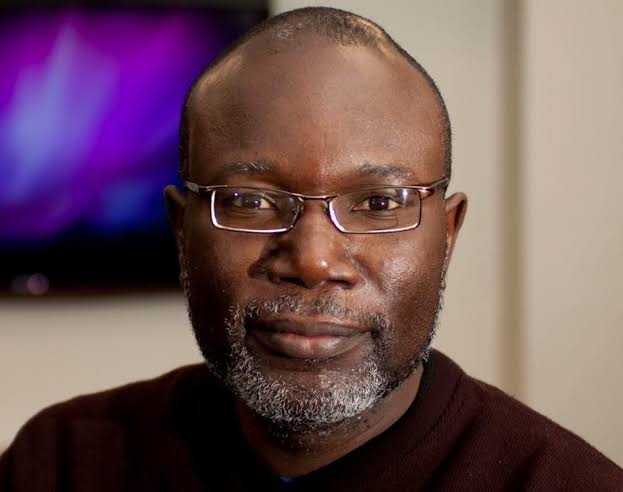
Ignatius Mabasa’s thesis in an African language: Why it is important to use African languages in education, research and publishing
in 2021, renowned African author Ignatius Mabasa completed his doctor of philosophy (PhD) thesis in his language. He conceptualised, wrote and published his thesis in Shona. The thesis is titled Chave Chemutengure Vhiri Rengoro: Husarungano Nerwendo Rwengano Dzevashona, meaning The folktale in confrontation with a changing world: a Shona storyteller’s autoethnography. The Zimbabwean was a student in the African Language Studies Section in the School of Languages and Literatures at Rhodes University in South Africa. His supervisors were Professor Chimhundu, and Professor Russell Kaschula. You can read the story here. But why was researching, learning and publishing in his language necessary.
An elephant does not meow like a cat
Dr Mabasa said “The elephant must after his nature trumpet and not meow like a cat. I am a Shona storyteller, filmmaker and author who started telling stories before I could read or write.”
Revaluing African languages
On this point, he said “The choice to use ChiShona is a response to the exclusion and marginalisation of othered knowledges. By using the Shona language, I am rethinking pedagogy and targeting a disenfranchised audience. Brutal colonial conquest and forced acculturation have disturbed and created insecure conditions for Africans. Africans have had other people tell their stories for them – othering them, judging them, labelling them, misrepresenting them.
“My thesis in Shona is part of unthinking Eurocentrism and searching for alternative epistemologies. The African cannot continue thinking as if he is still living in a colonial world, perpetuating colonial discourses and perspectives”, he said.
Challenging gatekeeping in academia
Mabasa said use of English and other non-African languages in research, education and publishing has been used to limit potential of those who speak African languages to participate in academia. Foreign languages are used gates.
Making knowledge more accessible
“I think academics usually forget that we do research in order to share information and knowledge so as to bring about positive change. My thesis is an attempt to decolonise the mind and democratise knowledge – such that our people, starting with young learners, can read and reflect on the importance of indigenous knowledge as a powerful pedagogical tool, and the power of storytelling to bring about consciousness in a cocacolonised world,” he said.
Using one’s language is a right
Prof Kaschula, one of the supervisors stated, “Not only is it an international linguistic right, but it also helps to grow one’s own language intellectually. The benefits are that one is able to express oneself best in a language one understands best and that is normally your mother tongue or the language to which you have had most exposure, both academically and socially.” He further said “The contribution of this thesis is ground-breaking, as it brings intellectual strength not only to the tradition, but to the people of Zimbabwe as well, at a time when we are still grappling with the role that African languages, cultures and indigenous knowledge should play in a decolonised educational curriculum.”
A challenge to African institutions to decolonise
Dr Mabasa challenges universities and other academic institutions to change in the direction of decolonisation because ‘English should not be THE language perpetually. He said “I believe it will make the marginalised aware of identity politics and start engaging with, and speaking to experiences shrouded in silence. Decolonisation is part of the solution to the problems Africa is facing today. I hope our academic, economic, cultural and political institutions will cease to be ivory towers and come to value and mainstream indigenous knowledge as a relevant framework.”
What are the implications for social work?
The language we use in social work education and practice in Africa today is almost all foreign, making it very difficult to understand some of the concepts used in the profession. That is why we should find Dr Ignatius Mabasa’s use of his language in his education quite useful. Language can help use decolonise the philosophy, literature, values, theories and methods used in African social work. Language reclamation is an important part of decolonising. This is a challenge for publishers, networkers like the ASWNet, educators, students, supervisors, practitioners and librarians.
Acknowledgements: Rhodes University, African Languages student writes first-ever ChiShona PhD thesis at Rhodes University
Use the form below to subscibe to Owia Bulletin.
Discover more from Africa Social Work & Development Network | Mtandao waKazi zaJamii naMaendeleo waAfrika
Subscribe to get the latest posts sent to your email.



